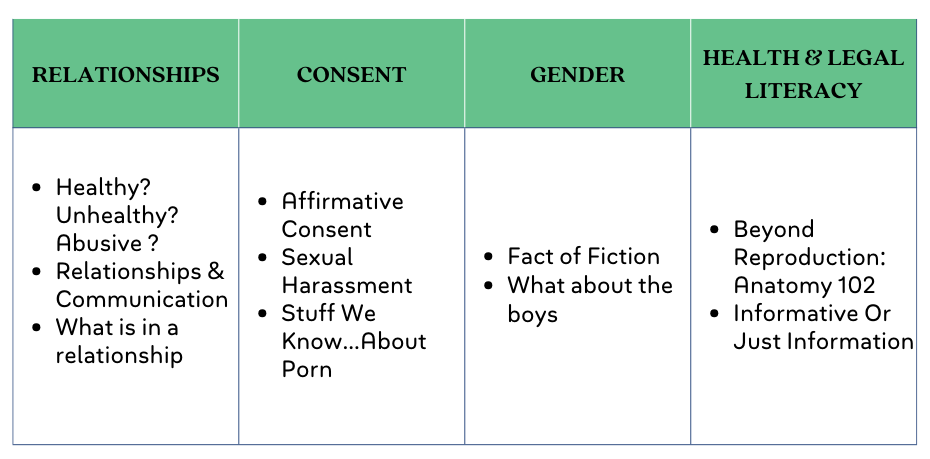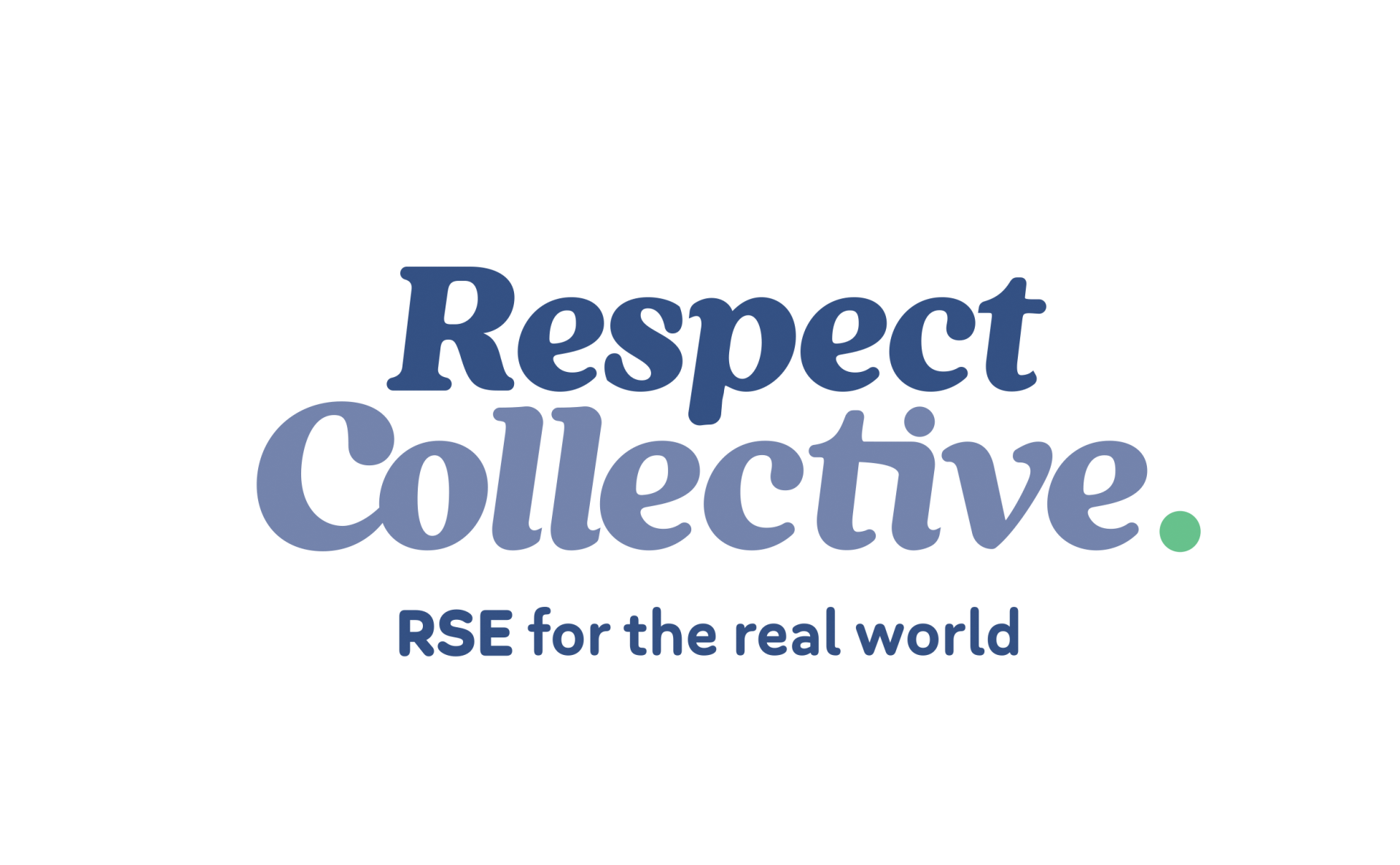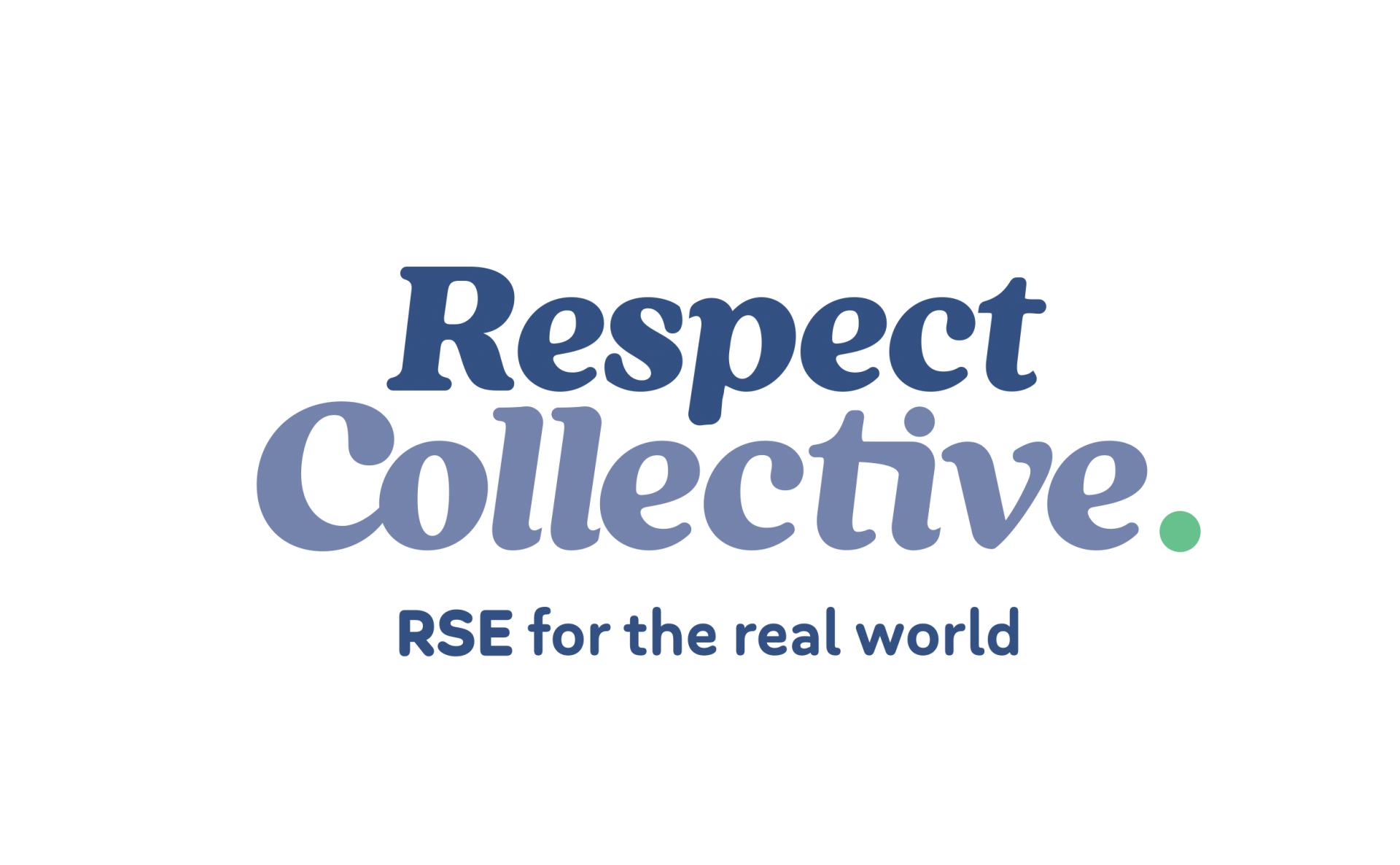In this Stuff We Should Know… About Porn lesson, students will explore pornography and the impact it can have on their attitudes and values.
Students will begin by defining pornography and watching a video from La Trobe University that highlights a number of key (and flawed) messages presented by sexually explicit media. Working in small groups for the remainder of the lesson, students will discuss the ways in which gendered messages and concepts of unequal power presented in pornography can impact individual and cultural understandings of relationships and sexuality.
Each lesson ends with a consolidation activity, inviting
students to list 1 thing they have learnt from the lesson, 1 thing they already
knew, 1 piece of advice they would share with a friend, and 1 adult or
organisation that would be helpful in relation to the lesson topic.


